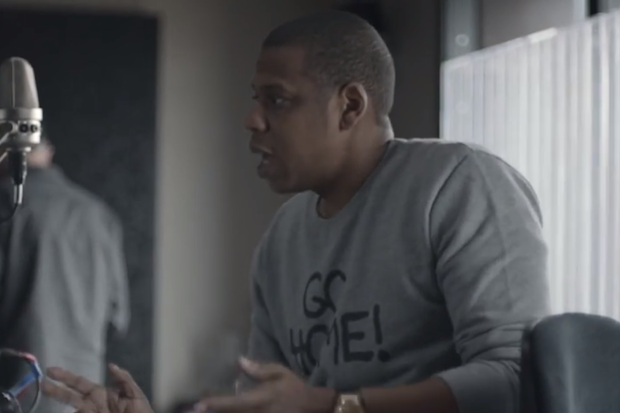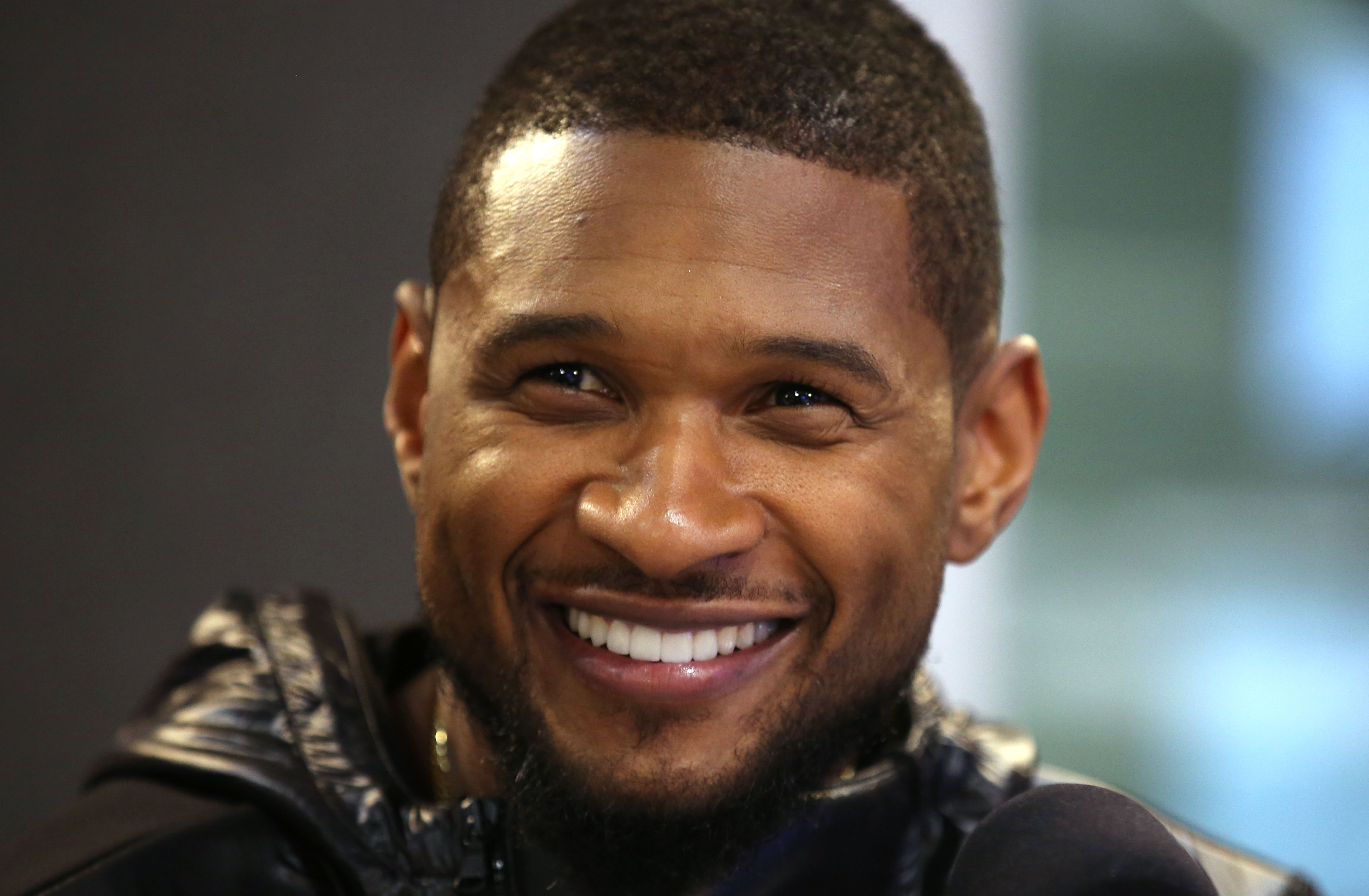Thanks to next week’s Billboard cover story, “What Jay-Z’s ‘Magna Carta’ Means For The ‘Billboard’ 200 Chart,” the Jay-Z and Samsung sell-out to end all sell-outs just got even more Möbius strip-like. After the making-of a teaser which announced the upcoming Jay-Z album Magna Carter Holy Grail and tied it to the promotion of phone company Samsung, Jay-Z turned the story towards the specifics of Samsung’s purchase of a million copies of the album. He tweeted, “If 1 Million records gets SOLD and billboard doesn’t report it, did it happen?,” and added the hashtag “#newrules.” Jay-Z and Samsung were now selling the idea of selling out. They were trying to turn a canny corporate move into some kind of Steve Jobs-ian innovation for the industry.
Now, Billboard has answered Jay-Z’s tweet in a cover editorial. The short answer provided by Billboard editor Bill Werde goes like this: “Nothing [is] actually for sale…Samsung users will download a Jay-branded app for free and get the album for free a few days later.” It’s a refreshing and simple explanation. The kind of thing that you wish happened more, kind of how the Supreme Court was able to elegantly jump on the idea that corporations can’t copyright DNA strands, you know? If that’s the case, however, why is Werde’s answer fleshed out in a lengthy essay on the cover of the magazine?
Mostly because Billboard is part of this frustrating, inside-baseball game that Jay-Z and Samsung have enacted. Who was asking about whether or not these Samsung purchases counted as sales besides Jay-Z? This was not a talking point until Jay-Z made it a talking point. Why is this debate, if it’s sincere, happening on Twitter and on the cover of a magazine? Can’t these guys call one another? There isn’t even an interesting underlying issue here to be resolved. For example, the weird record label/YouTube handshake that turned Baauer’s “Harlem Shake” into a thing was something that a place like Billboard, concerned with sales but also gauging what the hell people are listening to, would choose to consider when it comes to a viral hit spreading via YouTube. But a pop star wanting to know if selling his record to a phone company counts as a million sales just seems really low-stakes.
Werde basically says as much when he locates precedents for Jay’s Samsung collusion. “Retailers doing one-way deals is a fact of life in the music business,” Werde writes, and uses Best Buy’s purchase of 600,000 copies of Guns N’ Roses’ Chinese Democracy as an example. None of those were “sales,” of course, until they were actually sold to consumers. But butt-covering pre-sales isn’t actually the problem with what Jay-Z’s doing here. It’s that his deal with Samsung (and now, Billboard answering Jay-Z about that transaction) has become the narrative of the album; and the only narrative, thus far. Unless you count some rambling somber nonsense in the trailer about “duality” that Jay throws around to a nodding Rick Rubin, we know nothing about this record except that you’ll be able to get it early on some corny app and that selling it like this is supposed to be a big deal.
One more time: If this isn’t any different than Best Buy scooping up a bunch of Guns N’ Roses CDs or Prince stuffing an album inside of a British newspaper, then why is it deserving of an editorial and cover story? Just consider this narrative: Jay-Z announces his album by way of a Samsung commercial; Jay-Z tweets about Samsung’s purchase of the album and whether or not Billboard will count it; Billboard answers back on the cover of its magazine to explain why these sales don’t count. It’s hard not to see this cover story as just part of the machine that is cleverly pimping Magna Carta Holy Grail. It’s buzz marketing disguised as real talk state-of-the-industry pontification. Can this thing get more ridiculous?





